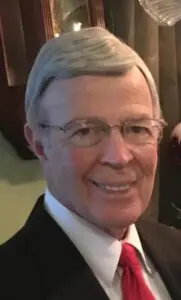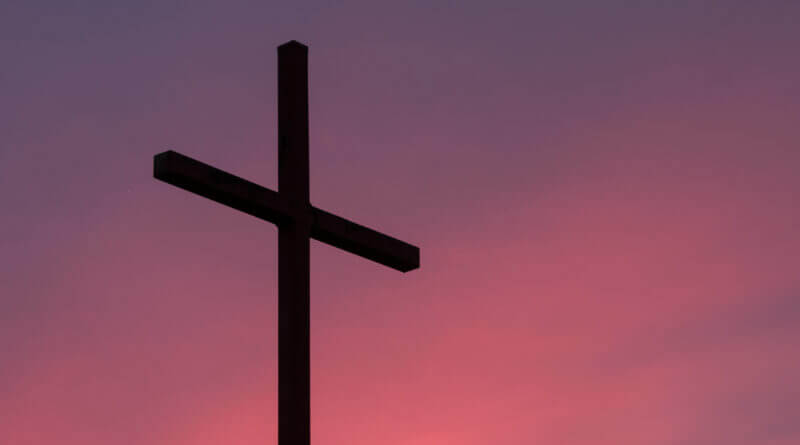Lynn Jones: Who is in charge of your life
By Lynn Jones
A man went to a doctor’s appointment in a nearby medical clinic. The patient was sitting in the waiting room when an older man wearing a white doctor’s coat entered the room. The older man stood near the desk and began shouting, “Booster—Tetanus—Flu—Insulin.” The patient in the waiting room asked a nurse who was nearby, “Who is that guy who is shouting, ‘Booster—Tetanus—Flu—Insulin’”? The nurse said, “Oh, that’s a retired doctor who used to be in charge here. He still likes to call the shots.”
Most of us like to call the shots. We like to be in charge. Much of our energy may be devoted to defending our turf, guarding our power, and searching for more. I have read how elections to new positions of power in Congress lead to offices with windows, more staff, and more space. These are symbols of power, and they are jealously doled out and guarded on Capitol Hill.
Of course, politicians are not the only ones who do that. We ministers do the same. Gerald Mann wrote, “Upward mobility is alive and well in the ministry. Preachers don’t use drugs; they ‘snort’ success—the big church, the big crowd, leading the march, being published, invocations at prestigious meetings, and television.” Then he added, “All of this may lead to ‘success addiction.’ People get high on success like they get high on drugs. It gives you a sense of power.”

In order to overcome this addiction to success and power, we all need to take Christ more seriously in our lives. When one man was up for reappointment as a probation officer in St. Louis, a city official objected because he had heard that the man had leanings toward anarchism. But a local politician said that the man was only “flirting with the anarchist philosophy”. In no sense was he working at it. The politician added, “It’s just a sideline, like a man’s religion.” Interestingly enough, this response satisfied the city official who had asked the question.
One of our problems is that our religion can become nothing more than a sideline that does not interfere with the main business of our lives. Virginia Owens said that we take a big black crayon in our hands and draw little islands where we will let God live in our world. We draw lines around Bibles and sanctuaries, thus adding a few more places where He can dwell. We come up with “little concentration camps for Christ.” She concluded, “Our piety bristles around the perimeters like barbed wire, hemming Him in.”
What we need to do is set Him free. We need to give Him the freedom to walk through our lives and be Lord over every area of them. He must be Lord of all, or He is not Lord at all.
Lynn Jones is a retired pastor who lives in Oxford. He does supply preaching for churches in his area and often serves as an interim pastor. Jones is also an author, has written two books and writes a weekly newspaper column. He may be contacted at: kljones45@yahoo.com.






